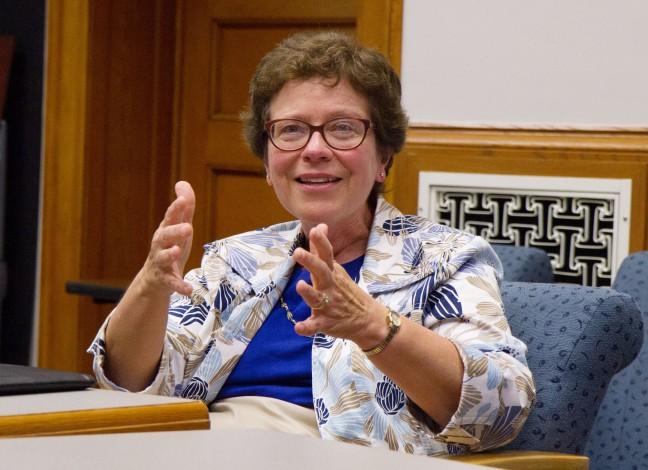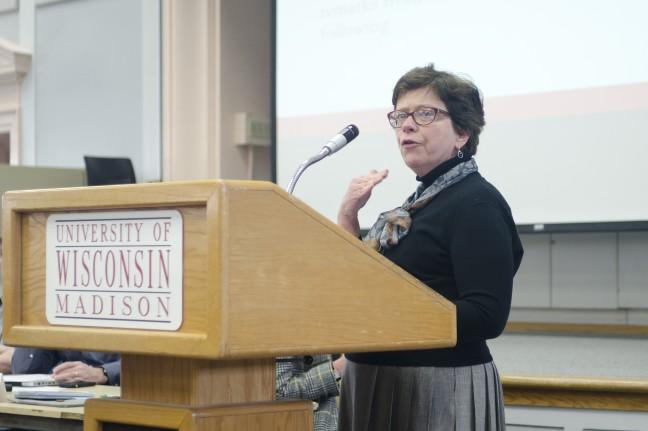Following the passage of Gov. Scott Walker’s legislation to limit union members’ collective bargaining rights, officials at Madison Area Technical College began to interpret the contentious measure and analyze the implications it might have on the campus.
The Part-Time Teacher’s Union set bargaining teams Tuesday to negotiate pay raises in order to compensate for the large gap between part-time and full-time faculty.
The two groups debated the prospect of arbitrating for consumer price index level increases in base pay, but MATC officials’ said Walker’s bill does not allow for negotiation on wages.
“We just learned that the full-time faculty and staff made a deal with the college to receive CPI level raises every year through 2014,” PTTU President Mike Kent said. “The part-time faculty is being forced to give up more than any other group at the college, and we are the lowest paid of any of these groups.”
Kent said in an “unpleasant” move to keep the union together for another year, the bargaining team is voting Monday to ratify a contract with MATC to freeze wages for part-time teachers at 2008-09 levels.
Kent said ratifying the agreement would buy the union members’ time to shift the focus of their organization – the only potential benefit many members see from the legislation.
In an email sent to part-time faculty, the union reached out to its members and called for a readjustment in its leadership.
“The set of circumstances leading up to this situation, and this outcome, conclusively demonstrates that our current relationship model with the college is simply no longer a viable option,” the email said. “A point of evolution is upon us. We either adapt to it, or we are destroyed by it”.
As current contracts expire, unions would have to hold annual certification votes and would be able to negotiate single year contracts.
As long as the union has a contract in place, the collection of dues would remain unchanged if those contracts were in place prior to the implementation of the budget repair bill.
“The college depends on part-time faculty to teach half the courses at the college, and our wages are already below a level that sustains a stable workforce,” Kent said.












